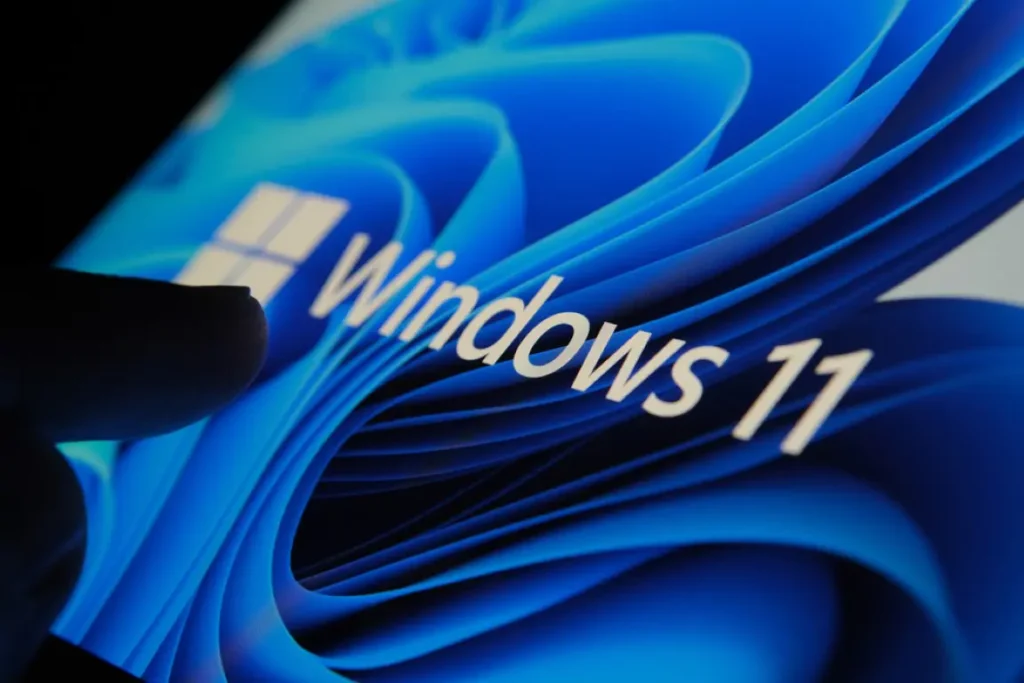If you are experiencing a sluggish boot time on your Windows 11 system, you are not alone. Many users are searching for ways to fix Windows 11 slow startup issues. Fortunately, Windows Gizmo has compiled a list of expert performance tweaks that can help you fix Windows 11 slow startup permanently. In this article, we will explore various methods to enhance your system’s boot speed, ensuring that you can enjoy a faster and more efficient computing experience. By implementing these strategies, you can effectively Fix Windows 11 slow startup and get your device running smoothly again.
Understanding the Causes of Slow Startup
Before diving into the solutions, it is essential to understand what might be causing your Windows 11 slow startup. Several factors can contribute to this issue, including excessive startup programs, outdated drivers, and system settings that are not optimized for performance. By identifying these causes, you can better address the problem and fix Windows 11 slow startup effectively.
Disable Unnecessary Startup Programs
One of the most common reasons for a slow startup is the presence of too many programs that launch automatically when your computer boots up. To fix Windows 11 slow startup, you can disable unnecessary startup programs. Here’s how:
- Press
Ctrl + Shift + Escto open the Task Manager. - Navigate to the “Startup” tab.
- Review the list of programs and identify those that you do not need to start automatically.
- Right-click on the unwanted programs and select “Disable.”
By reducing the number of startup programs, you can significantly improve your boot time and fix Windows 11 slow startup.
Update Your Drivers
Outdated or incompatible drivers can also lead to slow startup times. To fix Windows 11 slow startup, ensure that all your drivers are up to date. You can do this by:
- Right-clicking on the Start button and selecting “Device Manager.”
- Expanding the categories and right-clicking on the devices to check for updates.
- Selecting “Update driver” and following the prompts.
Keeping your drivers updated can help fix Windows 11 slow startup and enhance overall system performance.
Optimize Your Hard Drive
Another effective way to fix Windows 11 slow startup is to optimize your hard drive. Fragmentation can slow down your system, so it’s essential to defragment your hard drive regularly. Here’s how to do it:
- Type “Defragment and Optimize Drives” in the Windows search bar and open the tool.
- Select your hard drive and click on “Optimize.”
This process can help fix Windows 11 slow startup by improving the efficiency of your hard drive.
Adjust Power Settings
Your power settings can also impact your startup speed. To fix Windows 11 slow startup, consider adjusting your power settings to a high-performance plan. Here’s how:
- Open the Control Panel and navigate to “Power Options.”
- Select “High performance” to ensure your system is running at its best.
By optimizing your power settings, you can fix Windows 11 slow startup and enhance your computer’s performance.
Use Windows Startup Repair
If you have tried the above methods and are still facing issues, you can use the built-in Windows Startup Repair tool. This tool can help fix Windows 11 slow startup by diagnosing and repairing startup problems. To access it:
- Restart your computer and press
F11(or the appropriate key for your system) to enter recovery mode. - Select “Troubleshoot” and then “Advanced options.”
- Choose “Startup Repair” and follow the prompts.
Using this tool can help you fix Windows 11 slow startup and resolve underlying issues.
Check for Malware
Malware infections can significantly slow down your system, including the startup process. To fix Windows 11 slow startup, it is crucial to run a full system scan using Windows Defender or any reputable antivirus software. This will help identify and remove any malicious software that may be affecting your system’s performance.
Clean Up Your System
Over time, your system can accumulate unnecessary files and bloatware that can slow down your startup. To fix Windows 11 slow startup, consider performing a system cleanup. You can use the built-in Disk Cleanup tool:
- Type “Disk Cleanup” in the Windows search bar and open the tool.
- Select the drive you want to clean and click “OK.”
- Check the boxes for the types of files you want to delete and click “OK.”
Regularly cleaning up your system can help fix Windows 11 slow startup and maintain optimal performance.
Upgrade Your Hardware
If you have tried all the above methods and are still experiencing slow startup times, it may be time to consider upgrading your hardware. Adding more RAM or switching to a Solid State Drive (SSD) can significantly improve your system’s boot speed. Upgrading your hardware can be a more permanent solution to fix Windows 11 slow startup.
Conclusion
In conclusion, fixing Windows 11 slow startup is achievable through various methods, from disabling unnecessary startup programs to upgrading your hardware. By following the expert performance tweaks provided by Windows Gizmo, you can effectively fix Windows 11 slow startup and enjoy a faster, more efficient computing experience. Remember to regularly maintain your system to prevent future slowdowns and ensure optimal performance. With these strategies, you can permanently fix Windows 11 slow startup and enhance your overall user experience.
